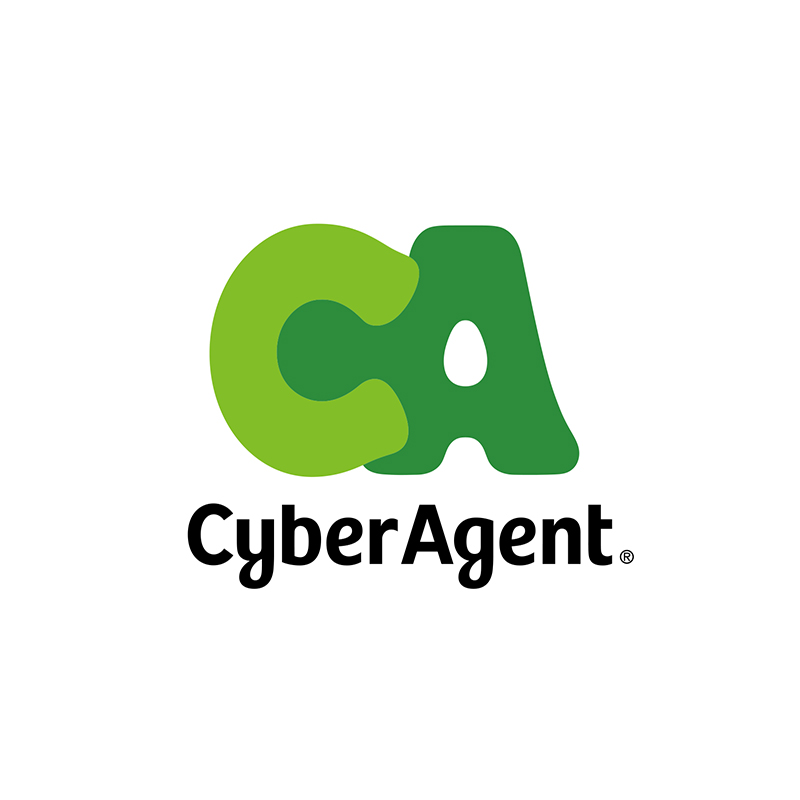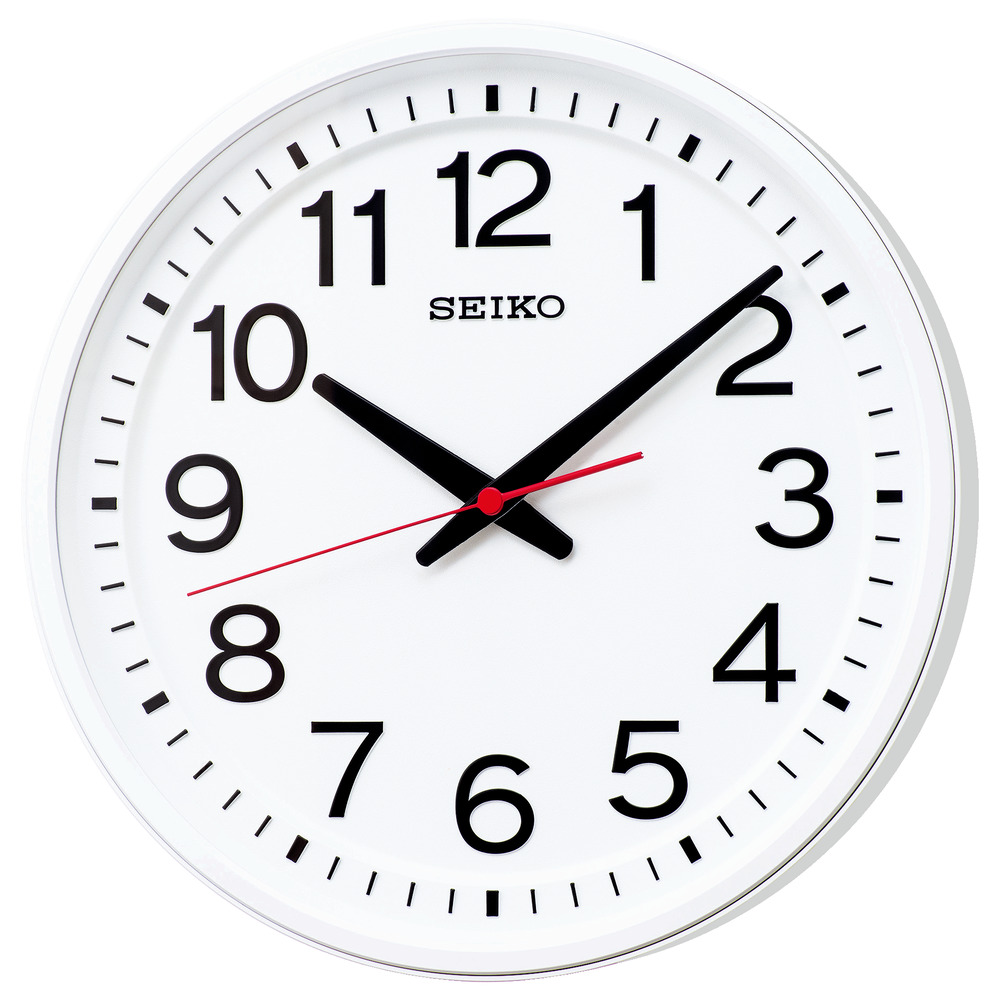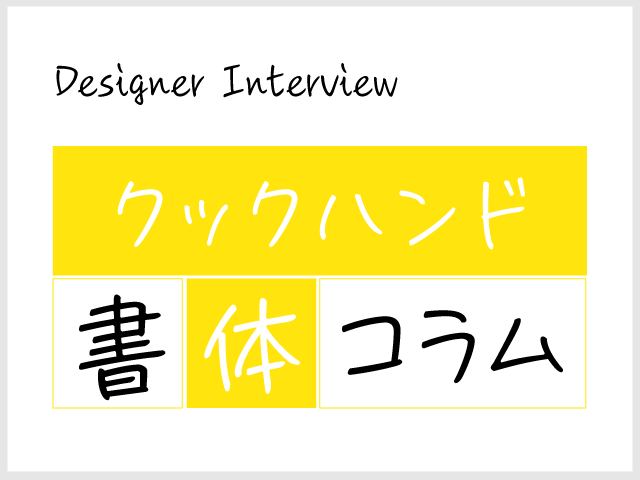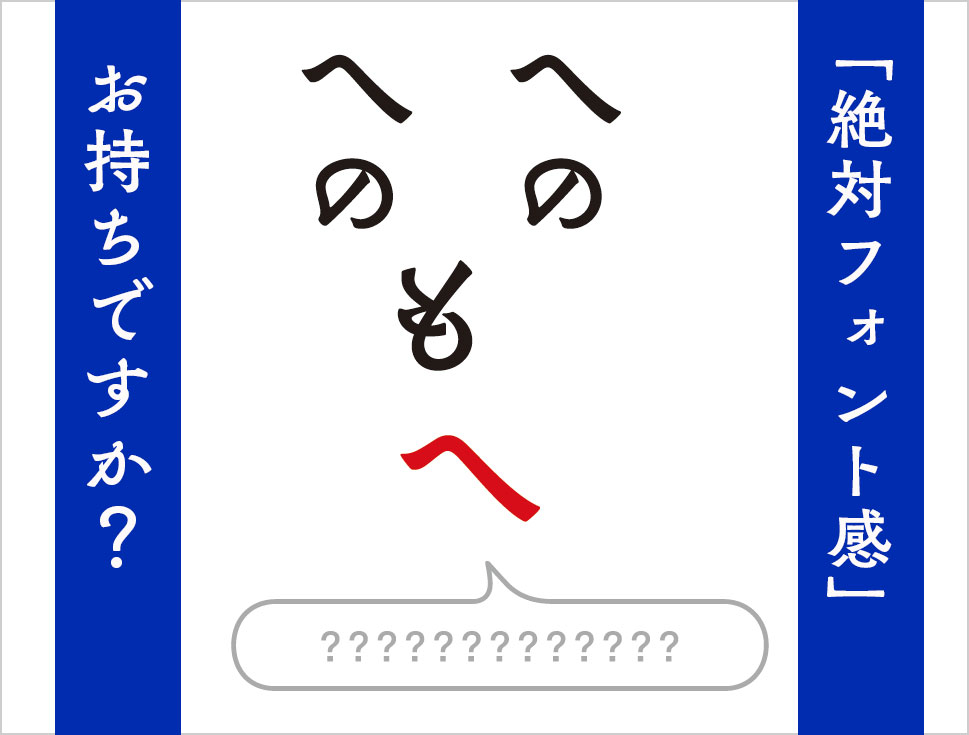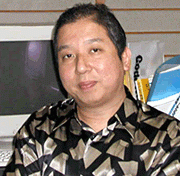新しい未来のテレビ「ABEMA」をはじめとしたメディア事業、インターネット広告事業、ゲーム事業などデジタル領域において幅広い事業を展開する株式会社サイバーエージェント。
そのサイバーエージェントでは、2017年に年間定額制フォントサービス「LETS」を全クリエイティブ部門に包括的に採用。2021年にLETSのプラットフォームが刷新された際は、改めてライセンス管理やシステム移行についての検証を行い、現在ではグループ全体でご利用いただいています。
今回は、サイバーエージェントのグループIT推進本部で、グループ全体のソフトウェア導入・ライセンス管理に携わるマネージャー 鷹雄 健さん、利宮正喜さん、小川 綾野さんにお集まりいただき、フォントワークスの営業担当 太田とともに、LETSの大規模ライセンス導入のポイントや、グループ会社を含む多くの従業員が利用するライセンスを一括で管理する方法についてうかがいました。

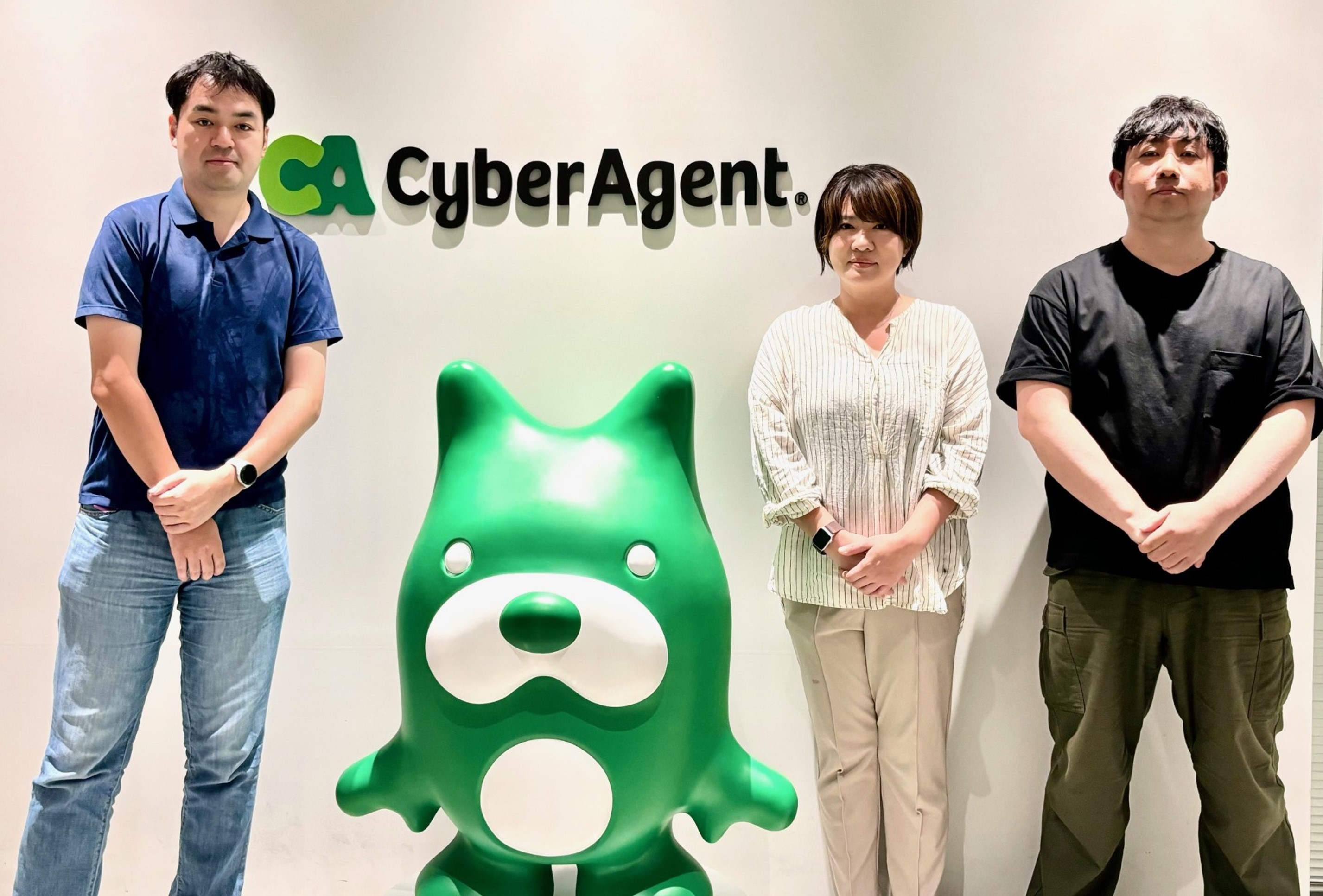
クリエイティブ職に限らず、幅広いシーンで活用
――本日はLETSの大規模ライセンス導入についてお話を聞いていきたいと思います。まず、皆さんはそれぞれどのようなお仕事を担当されているのでしょうか。
利宮さん コロナ禍に入る少し前に、グループ全体で利用するソフトウェアのライセンスを一手に引き受ける部署が立ち上がりました。それが私たちLIM(ライム)という組織で、鷹雄がマネージャー、ライセンスの管理や経理などは小川が担当しています。私はデザイナー職と兼務していますので、クリエイティブの部署で必要になるアナウンスや、社内からの疑問・質問に対するサポートを行なっています。鷹雄もエンジニアとしてシステムへの組み込みや導入業務など、同じ組織の中でそれぞれ異なる役割をしていますね。
――グループのライセンスをまとめて管理する組織があるということにまず驚きました。従業員数が多いと、たしかに膨大なライセンスを扱うことになりますよね。
利宮さん クリエイティブに関わるツールに限らず、システム系やビジネスで使うサービスのライセンスも一手に管理することで連携も取れますし、費用も確認しやすくなります。契約期間などもなるべくまとめるようにして、分かりやすくしています。
――現在、年間定額制フォントサービス「LETS」をグループ全体でご利用いただいています。主にどのような部署で活用されているのでしょうか。
利宮さん 主要な事業として広告・ゲーム・メディア(ABEMAなど)があるので、クリエイティブでは全てにおいて活用していますね。映像やUIのデザインはもちろん、印刷物を作ることもあります。ゲームやアプリでは組み込みが必要になりますし、海外に向けて出すものもあるので。
フォントワークス 太田 メーカーや放送局のように、非常に多くのライセンスを導入いただいている企業さまは他にも多数あります。でもほとんどの場合、用途はある程度決まっているんですね。サイバーエージェントさんの場合はかなり幅広い分野でLETSを活用してくださっているというのが一番の特徴です。
小川さん 使いたいツールがあれば、社内から利用申請を上げてもらってライセンスを発行しています。職種もいろいろで、営業やビジネス職の人たちもクリエイティブのチェックをすることがありますし、そのためにLETSのライセンスを活用することもあります。
鷹雄さん 仕事のスピード感を重視しているので、簡単な修正などはビジネス職の人が対応することもあるんですね。そのためデザイナーやクリエイターに限定せず、利用したいという依頼があれば対応しています。
利用するユーザー数を見込んで契約しているからこそ、社内のニーズに即座に対応できますし、これが利用するたびに契約を交わさなければならないとしたら「大変だから他のフォントを使おう」ということになるかもしれない。双方にとってメリットになっているのではないかと思います。
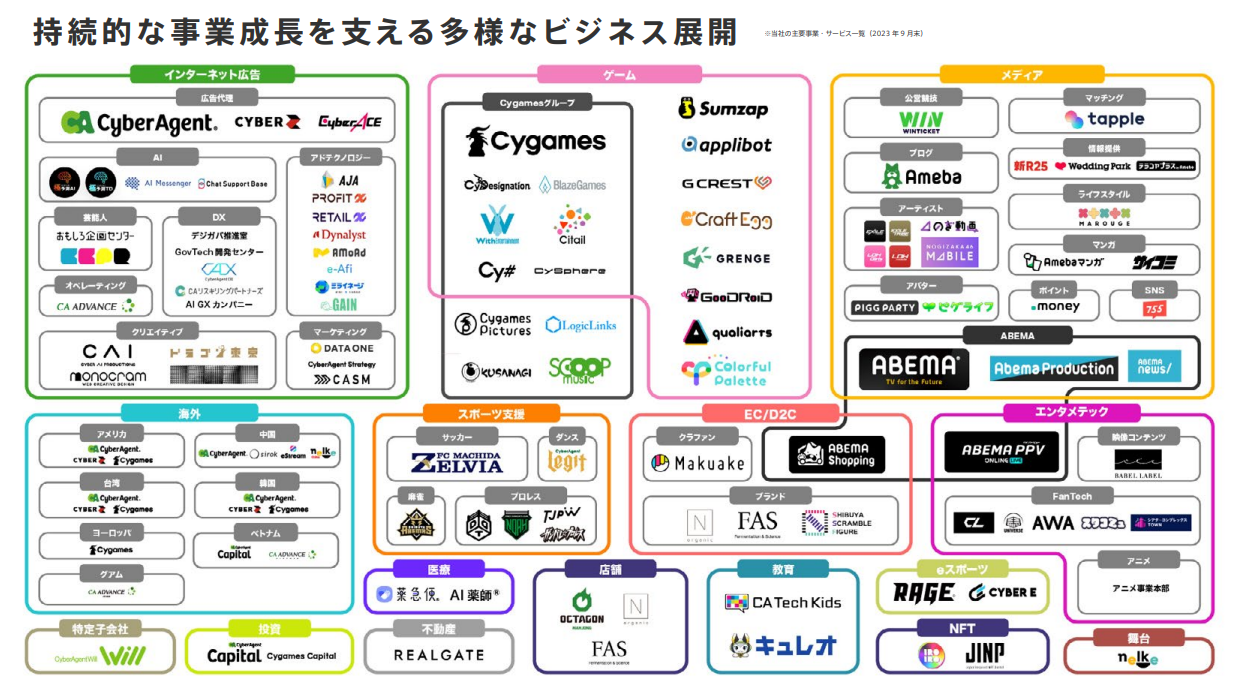
ニーズに合わせてカスタマイズしたLETSを提供
――他にも導入してよかったことがあればぜひうかがいたいです。そういえば太田さん、サイバーエージェントさんには「フォントワークスLETS」だけでなく、オプションを組み合わせてカスタマイズしたLETSを提供しているのですよね。
フォントワークス 太田 フォントワークスLETSでも印刷物や放送での使用など、かなり広い範囲の使用を許諾していますけど、それではカバーできないところもあるんですね。例えば「アプリやゲームにフォントを組み込んで使いたい」というご要望があれば、通常は「組込オプション」を別途契約してもらわないといけない。それでは管理が大変なので、まずサイバーエージェントさんでどんな用途に使いたいか、どのようなフォントが必要かをヒアリングさせてもらって、必要なオプションをパッケージした形で提供しています。
利宮さん おかげで工数はかなり減っていると思います。ライセンス契約のやり取りを整理するというのが我々の課題だったので、そこを寄せてもらっているのは、だいぶ助かっていますね。
小川さん たくさんの関連会社があるので、以前はそれぞれが勝手に契約してしまうという問題がありました。包括契約があるのをグループに周知することで費用も抑えることができますし、規約を守っているか、退職者のライセンスを止めているかなどのチェックも、まとめてできるようになりました。
利宮さん コスト削減にもつながっています。ライセンスを付与しても1年通して使う人ばかりではないので、月ごとに区切って、不要になったらライセンスを返還してもらうシステムを社内で作りました。以前は利用する人が増えたら追加で契約するしかありませんでしたけど、このようにカスタマイズができたことで、契約しているライセンス数の中でやりくりができる状態になっているので、予算面でもシェイプできているかなと思います。
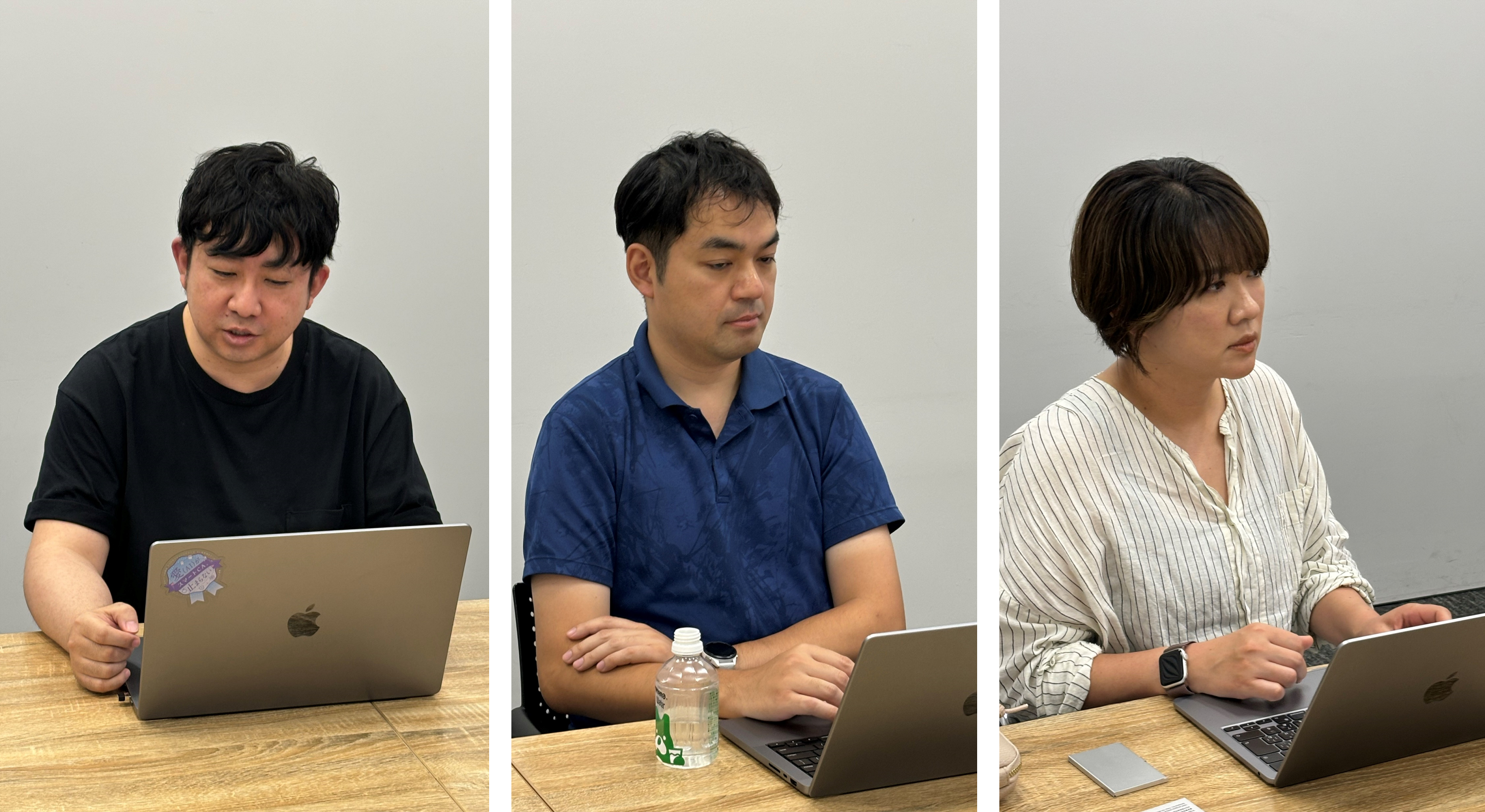
時代や環境の変化に合わせたサービスのあり方
――導入する際のフォントワークス側のサポート体制についても紹介していきたいです。
フォントワークス 太田 先ほどの話のようにヒアリングもしますし、ライセンスの検証をしていただいたり、実際に試してもらって問題がないか確認していただくなど、必要に応じて対応しています。サイバーエージェントさんの場合は、新LETSへの切り替えの際に検証期間を設けて、定例会のような感じでディスカッションを重ねながら進めていきました。
小川さん CSVでユーザーを追加する機能を加えてもらったりもしました。利用する人数が多いですし、グループ全体だと毎週のように入社があるので、管理画面で一人一人登録したり解除したりというのは難しくて。あとはいつもLETSを利用しているデザイナーに新LETSを使ってみてもらい、どう変わるのか、不具合がないかなどをチェックしていきました。
鷹雄さん サイバーエージェントでは、社員それぞれが選んだPCで仕事をしています。いくつかベースはありますがカスタマイズができて、人によって異なる環境で利用することになるので、「この環境だとなぜかLETSがうまくインストールできない」ということもあったりしました。その場合はログデータを共有して調査してもらったりだとか、いろいろありましたね。
フォントワークス 太田 LETSのシステムはフォントワークス社内でやっていますから、不具合が上がってきたときにも、開発メンバーを集めてすぐに検証や対応ができたのはよかったと思います。システムをアウトソーシングしていたら、細かい対応は難しかったですね。
――やはりスピード感が大事なんですね。現在はLETSのようなサブスクリプション型のソフトウェアやサービスが主流になっていますが、それもこの10年くらいで変化してきたことです。どのように導入して、管理していくか、試行錯誤を重ねてこられたのかなと思います。
利宮さん ちょうど我々の部署が発足してからコロナ禍に入り、リモートワークで会社と家それぞれにPCがある状況が当たり前になっていきました。それ以降のライセンス契約はリモートワークを前提とした考え方に変わってきています。
僕はライセンス管理などの経験が一切ないところからチームに参加してスタートしたので、かなり揉まれたというか、変化する中で緊張感を持って取り組んできたと思います。
フォントワークス 太田 以前のLETSはPCごとのライセンス認証でしたが、サイバーエージェントさんのようにいろいろなメディアを扱う企業では、それだととても対応しきれません。現行のLETSではユーザー単位の認証になって、新しい環境や、さまざまな業種の方に柔軟に対応しやすくなりました。管理の手間も減らせるようになって、導入いただきやすくなっていると思います。
――今後も導入いただく企業やユーザーの皆さんのニーズをうかがいながら、より便利に、安心して使っていただけるようなご提案をしていきたいと思いました。本日はありがとうございました。
LETSでは、標準機能として複数のアカウントをグループで一括管理できる機能を搭載しています。また、エンタープライズ向けにお客さまのご要望をお聞きしながら、LETSのカスタマイズ提案をさせていただいております。
ぜひお気軽にお問い合わせください。
